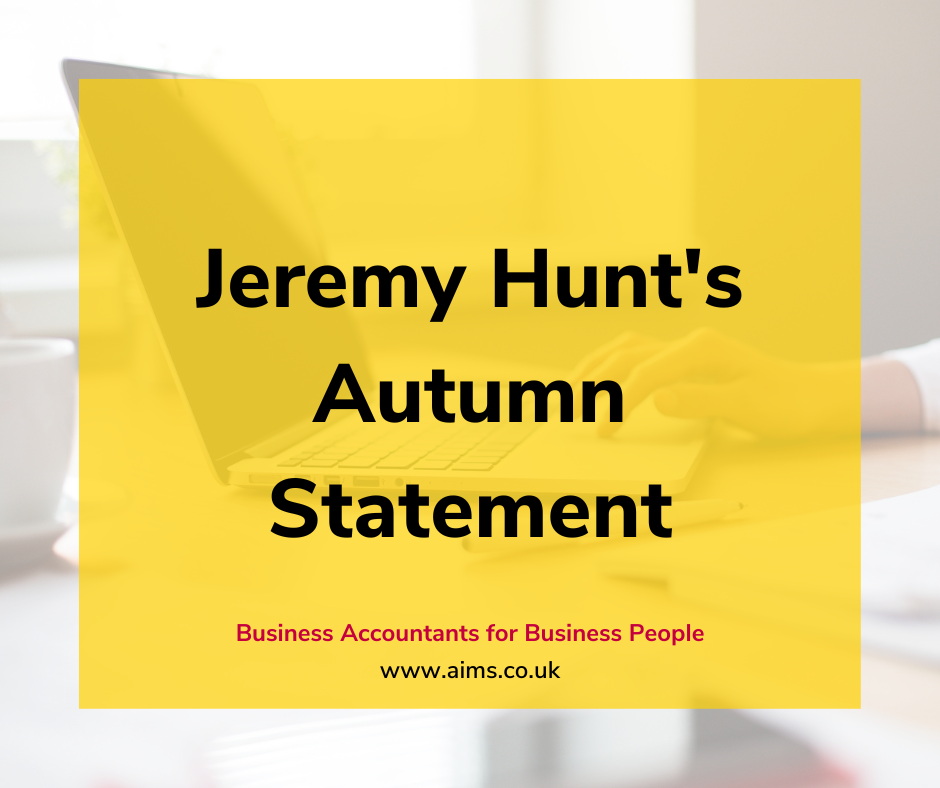Just a few weeks on from Kwasi Kwarteng’s mini-budget that brought about the downfall of Liz Truss, our new Chancellor, Jeremy Hunt, has delivered his 2022 Autumn Statement.
As we expected, Hunt said that we are now in a recession, but that it’s a “Recession made in Russia and recovery made in Britain.” He also claimed that global factors were the primary reason for the UK’s recession, citing COVID-19 and the furlough scheme as other factors.
Hunt says that he has two new fiscal rules that underpin his new economic plans. The first is that underlying debt must be falling as a proportion of GDP at the end of a five-year rolling period, and the second is that sector borrowing over the same period must be below 3% of GDP.
Hunt also said that he has 3 priorities: stability, growth and public services.
It is this backdrop, alongside his claims earlier in the week that “everyone is going to pay more tax,” that have shaped the 2022 Autumn Statement.
Let’s start with how individuals will be affected personally:
Hunt said that all of these measures will be paid for partially by higher windfall taxes on energy companies. From January 1st, 2023, until March 2028, the energy profits levy will be increased from 25% to 35% and there will be a 45% levy on electricity generators to raise £14bn next year. Hunt is also asking 600,000 people on universal credit to meet with careers coaches to increase earnings and get more money into the economy.
Now to business. Here are some of the key takeaways:
What’s more, devolved administrations will receive £3.4 billion over the next two years: £1.5bn for Scotland, £1.2bn for Wales and £650m for Northern Ireland. Please note that the Scottish government’s tax and spending plans for 2023/24 are due to be published on 15 December.
As ever, more details will follow over the coming days as people demand clarity and it is yet to be seen if these measures can rebuild a broken economy. The next 5 years will be really important for small businesses and for people for this reason. As soon as more details are released by the government, we’ll update this article. For now, please consult your local AIMS Accountant should you have questions on anything: Find your local AIMS accountant | AIMS Accountants for Business
